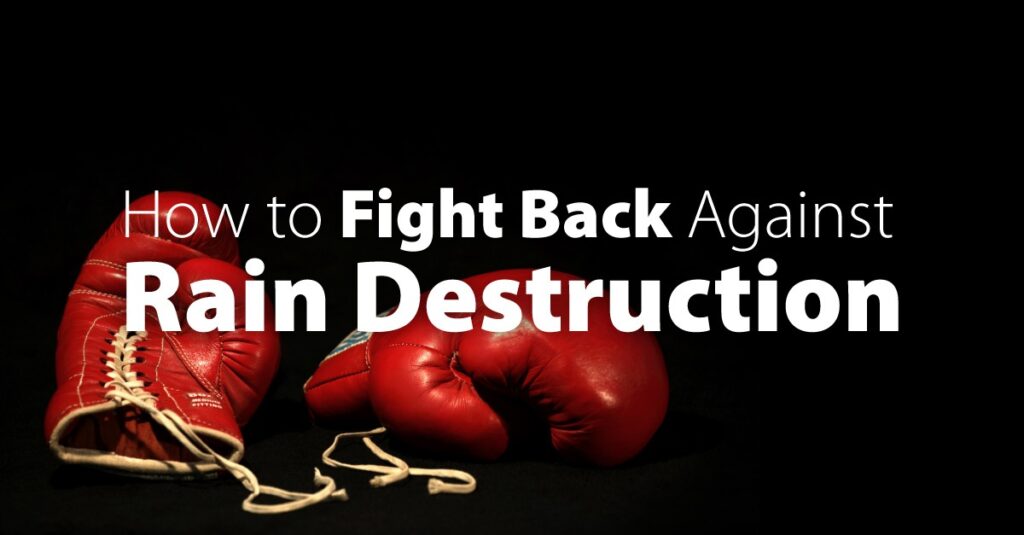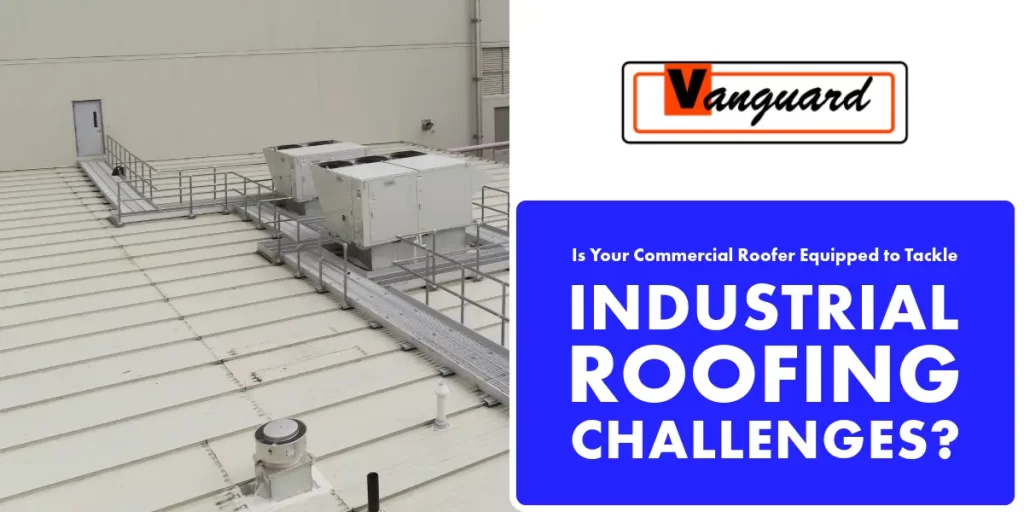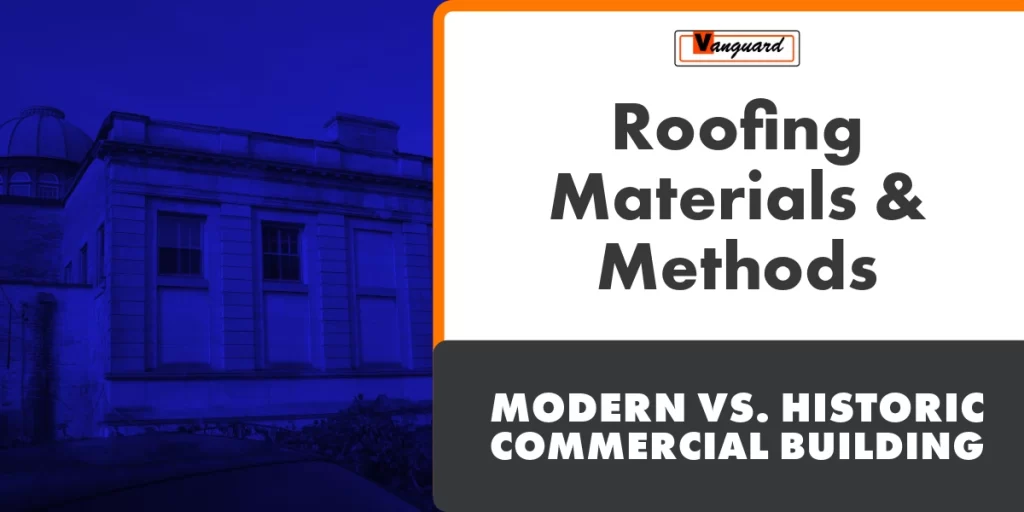The serious harm that water does to a commercial roof isn’t always swift and catastrophic – in fact, it’s often slow and stealthy. Usually, a roof retains or absorbs water because of deficiencies like seam separations, punctures in the membrane, damaged/missing flashing or drainage and slope problems that aren’t noticed and corrected quickly enough.
Fortunately, you can fight back against rain’s destructive power by staying alert to these less obvious ways that water can slowly deteriorate your roof system:
Membrane and Decking Decay
If water ponds on your roof after every rain, the moisture can degrade the membrane and shorten its lifespan, and the weight can weaken the decking and other structural components. If keeping the drains free of debris doesn’t help, a roofing expert should check for drainage system flaws or inadequate roof slope. Modifications followed by commercial roof repair can usually remedy these issues.
Roof Collapse
Ice dams and snow melt that can’t drain properly can put your roof system under tremendous strain and make water intrusions more likely. To avert leaks and prevent a possible collapse, you need to get the roof checked frequently during the winter months so drainage can be monitored.
Ruined Insulation
If your heating and cooling costs are rising, have your roofer investigate whether water has saturated the roof insulation. Once it’s wet, insulation loses its ability to resist heat transfer, and replacing it is usually the only option. This is a costly, messy undertaking, so it’s better to keep the roof watertight by having your roofing contractor find and fix leaks promptly.
Interior Damage
When slow leaks allow water into the interior of your building, it can damage walls and ceilings, corrode the electrical and HVAC systems, or ruin office equipment, inventory or your tenants’ belongings. Regularly-scheduled roof inspections and routine maintenance can help you avert these problems, so you don’t end up paying for preventable damage.
Mold Growth
If you allow water to work its way into your roof system and hidden areas of the structure and interior, the damp conditions can encourage mold growth that degrades the building’s indoor air quality. If you and your roofer set up a maintenance schedule and you stick to it, you can prevent moisture intrusions and mold growth and avoid the need for expensive remediation services.
Contact us at Vanguard Roofing for advice and expert commercial roof repair in New York and Western Massachusetts.



